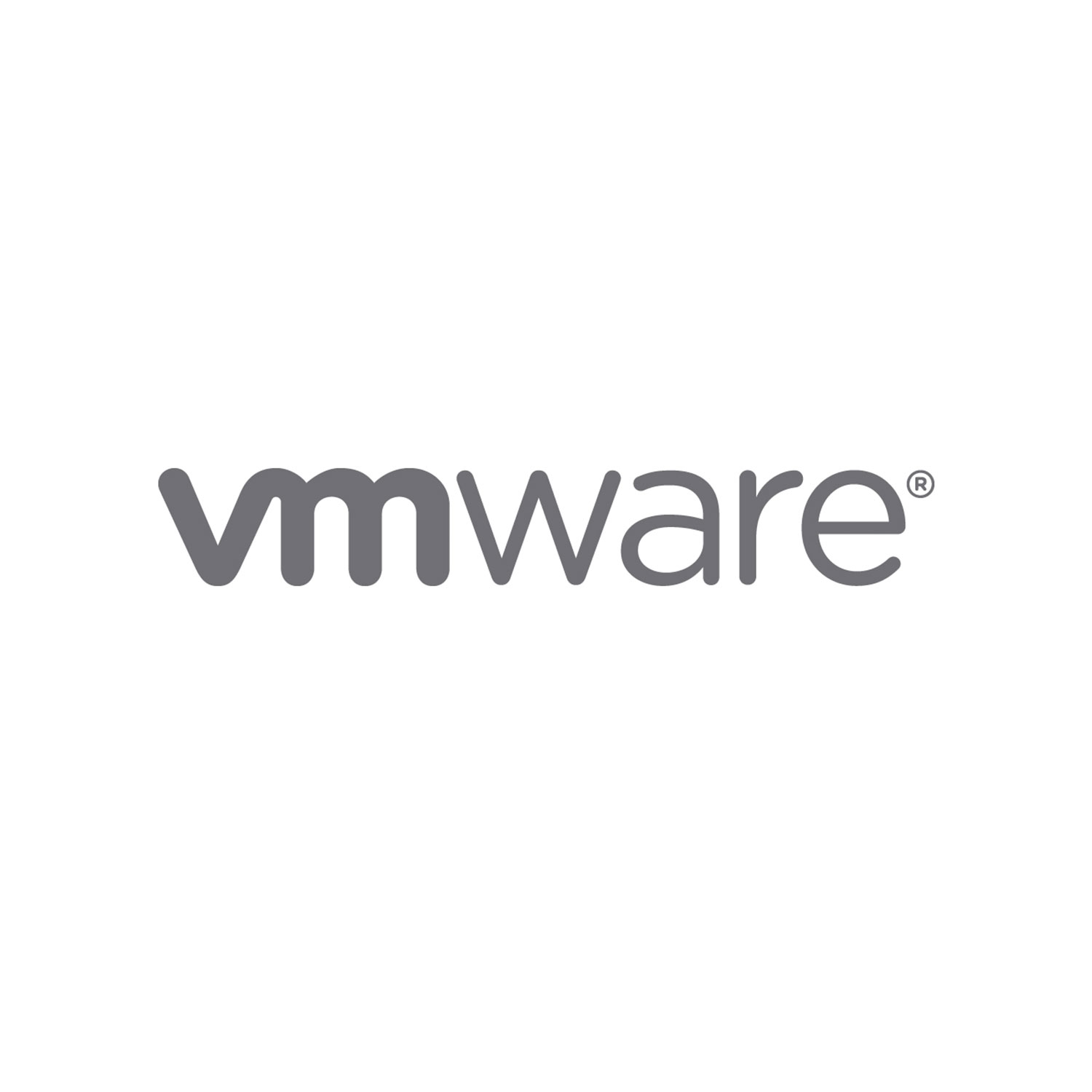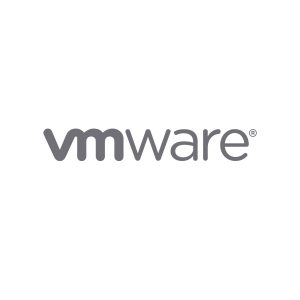Description
About This Course
Prerequisites
Completion of the following courses:
- VMware vSphere: Install, Configure, Manage [V5.5]
- VMware vSphere: Optimize and Scale [V5.5]
Or system administration experience with vSphere deployments
Course Objectives
By the end of the course, you should be able to meet the following objectives:
- Navigate the vCenter Operations Manager user interface
- Use alert details and badges to find the root causes of common operational issues in a vSphere environment
- Assess capacity risk and infrastructure utilization
- Perform capacity planning and what-if analyses
- Configure policies to meet the operational needs of the environment
- Add users and groups and give them appropriate access to the vCenter Operations Manager environment
- Customize vCenter Operations Manager by creating alert definitions, symptom definitions, views, reports, dashboards, and super metrics
- Extend the capabilities of vCenter Operations Manager by adding solutions
- Scale a vCenter Operations Manager deployment and make it highly available
- Install and configure vCenter Operations Manager
- Monitor and maintain a vCenter Operations Manager Deployment
Course Outline
Lesson 1: Course Introduction
-
Introductions and course logistics
-
Course objectives
Lesson 2: Introduction to vCenter Operations Manager
-
Describe how vCenter Operations Manager is used to manage the software defined data center
-
Describe the features and benefits of vCenter Operations Manager
Lesson 3: vCenter Operations Manager User Interface
-
Navigate around the main areas of the product user interface
-
Explain the importance of inventory trees
-
View widgets and dashboards on the Home page
-
View inventory trees and objects on the Environment page
Lesson 4: vCenter Operations Manager Concepts
-
Use views to gather information about the environment
-
Create reports about the environment
-
Explain how data is collected and analyzed by vCenter Operations Manager
-
Describe the importance of alerts, symptoms, and badges
Lesson 5: Troubleshooting System Health Issues
-
Discuss the general process for troubleshooting system health issues with vCenter Operations Manager
-
Monitor alerts and troubleshoot system health issues
Lesson 6: Capacity Planning
-
Assess capacity risk in the environment
-
Troubleshoot risk and efficiency issues
-
Identify ways to optimize resource utilization in the environment
-
Use projects to perform What-If scenarios
Lesson 7: Groups and Policies
-
Create logical groups of objects in the environment
-
Create policies for different types of workloads
-
Explain how policy inheritance works
Lesson 8: User Access Control
-
Create local users and groups
-
Import users and groups from an LDAP source
-
Assign roles to local users and group
Lesson 9: Custom Alert Definitions
-
List the best practices for customizing vCenter Operations Manager content
-
Create symptom definitions
-
Create recommendations
-
Create alert definitions
Lesson 10: Custom Views
-
Describe the different types of views
-
Create views
Lesson 11: Custom Dashboards
-
Create custom dashboards
-
Configure widgets and widget interactions
-
Manage dashboards
Lesson 12: Super Metrics, Tags, and Applications
-
Create super metrics and use them in policies
-
Use tags and applications to group objects
Lesson 13: Solutions and Adapters
-
Identify solutions and adapters that are available to the environment
-
Install and configure an adapter
Lesson 14: Architecture, Scalability, and Availability
-
Describe the components in a vCenter Operations Manager node
-
Determine how to size a vCenter Operations Manager cluster
-
Explain what happens when a node fails in a vCenter Operations Manager cluster
Lesson 15: Deploying vCenter Operations Manager
-
Install and configure a vCenter Operations Manager node
-
Monitor and manage a vCenter Operations Manager instance
Who Should Attend
Experienced system administrators and system integrators; consultants responsible for customizing vCenter Operations Manager content



